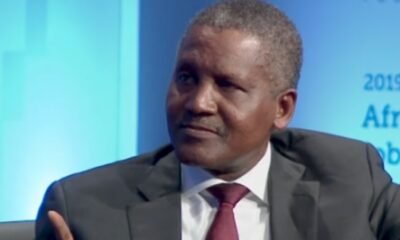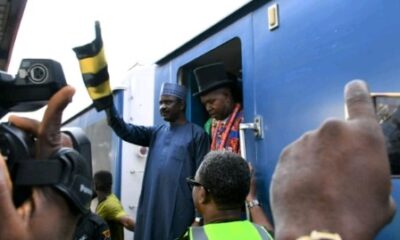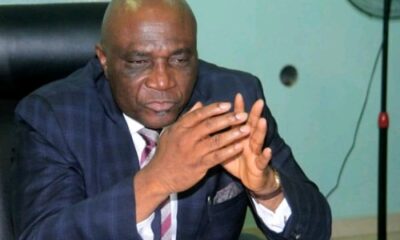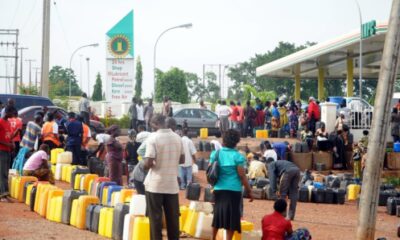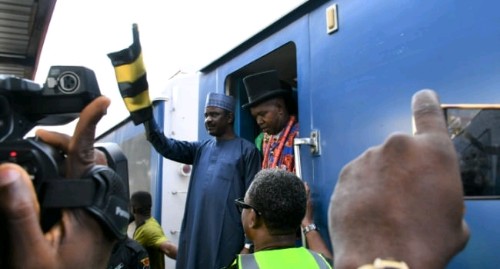Aliko Dangote, chairman of Dangote Industries Limited, claims that the devaluation of naira created the biggest mess for his company in 2023.
Dangote made this known on Tuesday during the annual general meeting of Dangote Sugar Refinery Plc.
Dangote claims that the business is working hard to make sure that dividends are paid out this year.
He claimed that many businesses were also impacted and would not be able to pay dividends, particularly those in the food and beverage industries.
“We are doing whatever it takes to make sure that at the end of the day, we will be paying dividends because if you look at our dividends last year, it was almost 50 percent more so we will try and get out of the mess,” Dangote said.
“The biggest mess created was actually the devaluation of the naira from N460 to N1,400.
“You can see almost 97 percent of the companies, especially in food and beverages businesses, none of them will pay dividends this year for sure but, we will try and get out of it as soon as possible.
“We want to see that at the end of the day, no matter how small, we will be able to pay some dividends, especially if there is a rebound of the naira.”
- ‘We’ll Reapply For Merger Of Dangote Sugar With Nascon’
Speaking on the suspension of the planned merger of Dangote Sugar Refinery with Nascon Allied Industries Plc and Dangote Rice Limited, the chairman said it was put on hold because the Securities and Exchange Commission (SEC) wanted the rice factory to begin.
Dangote said the rice factory in Jigawa is expected to be commissioned soon, adding that Dangote Sugar will reapply for the merger when the time is right.
On April 19, Nascon announced the suspension of its proposed merger with Dangote Sugar.
Nascon said the merger was not completed due to the current non-operational status of Dangote Rice.
- Dangote Sugar To End Sugar Importation In 2028
Dangote said the company’s sugar master plan will enable the producer to sell only locally produced sugar in the next four years.
According to the chairman, the implementation of the backward integration policy will give the company the best future in terms of stability and prevent issues relating to exchange rate losses.
“The sugar master plan we are now taking is very, very serious,” he said.
“But to say the least, the industry as a whole, did not really push as we are supposed to push in terms of the backward integration.
“We have done a lot, but we also have our fears because if there is no proper implementation, we do not want to go and sink a lot of your money and we end up losing money because if government is not following or making sure that everybody behaves, then we will not be able to make money. But right now, I think they have called us.
“We have sat down and I can assure you on our own, we think the best future of this company is through the backward integration.
“Because backward integration will actually give you much more forfeit and stability and it will erase all these exchange rate losses.
“So, by the grace of God, in the next four years maximum, our company should be producing what we are selling currently, all domestic, 100 percent domestic.”
However, Dangote said if any sugar is imported by the company, it will only be to complement what it is producing.
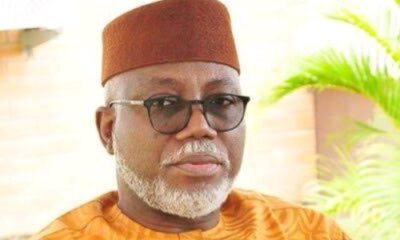
 BIG STORY3 days ago
BIG STORY3 days ago
 BIG STORY2 days ago
BIG STORY2 days ago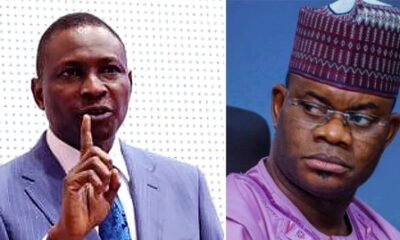
 BIG STORY4 days ago
BIG STORY4 days ago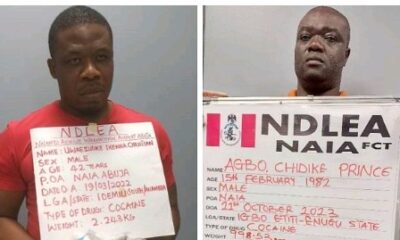
 BIG STORY3 days ago
BIG STORY3 days ago
 BIG STORY1 day ago
BIG STORY1 day ago
 BIG STORY1 day ago
BIG STORY1 day ago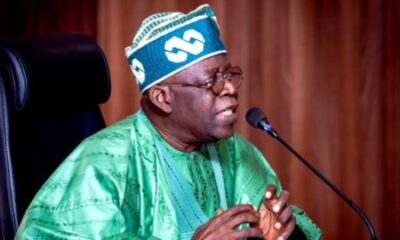
 BIG STORY5 hours ago
BIG STORY5 hours ago
 BIG STORY5 days ago
BIG STORY5 days ago








